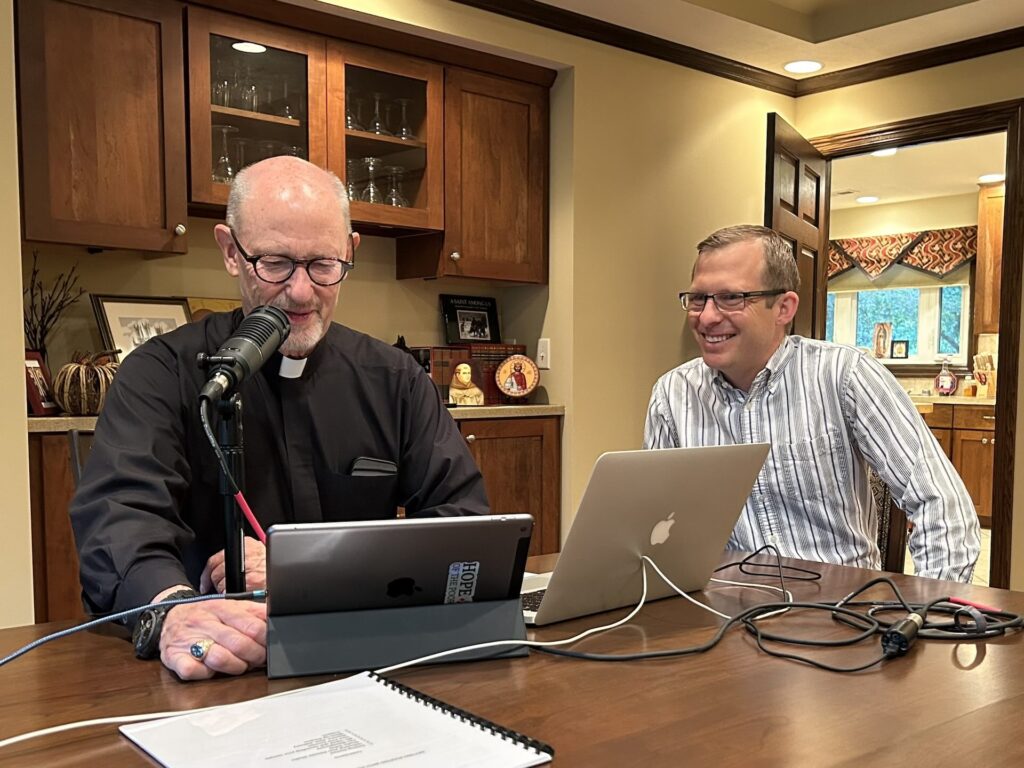This is a response from St. Augustine of Hippo to Proba, when asked to teach on the Our Father, the perfect prayer.
We need to use words so that we may remind ourselves to consider carefully what we are asking, not so that we may think we can instruct the Lord or prevail on him.
Thus, when we say: Hallowed be your name, we are reminding ourselves to desire that his name, which in fact is always holy, should also be considered holy among men. I mean that it should not be held in contempt. But this is a help for men, not for God.
And as for our saying: Your kingdom come, it will surely come whether we will it or not. But we are stirring up our desires for the kingdom so that it can come to us and we can deserve to reign there.
When we say: Your will be done on earth as it is in heaven, we are asking him to make us obedient so that his will may be done in us as it is done in heaven by his angels.
When we say: Give us this day our daily bread, in saying this day we mean “in this world”. Here we ask for a sufficiency by specifying the most important part of it; that is, we use the word “bread” to stand for everything. Or else we are asking for the sacrament of the faithful, which is necessary in this world, not to gain temporal happiness but to gain the happiness that is everlasting.
When we say: Forgive us our trespasses as we forgive those who trespass against us, we are reminding ourselves of what we must ask and what we must do in order to be worthy in turn to receive.
When we say: Lead us not into temptation, we are reminding ourselves to ask that his help may not depart from us; otherwise we could be seduced and consent to some temptation, or despair and yield to it.
When we say: Deliver us from evil, we are reminding ourselves to reflect on the fact that we do not yet enjoy the state of blessedness in which we shall suffer no evil. This is the final petition contained in the Lord’s Prayer, and it has a wide application. In this petition the Christian can utter his cries of sorrow, in it he can shed his tears, and through it he can begin, continue and conclude his prayer, whatever the distress in which he finds himself. Yes, it was very appropriate that all these truths should be entrusted to us to remember in these very words.
Whatever be the other words we may prefer to say (words which the one praying chooses so that his disposition may become clearer to himself or which he simply adopts so that his disposition may be intensified), we say nothing that is not contained in the Lord’s Prayer, provided of course we are praying in a correct and proper way. But if anyone says something which is incompatible with this prayer of the Gospel, he is praying in the flesh, even if he is not praying sinfully. And yet I do not know how this could be termed anything but sinful, since those who are born again through the Spirit ought to pray only in the Spirit.
Exodus 90 starts January 1 — sign up for free:






